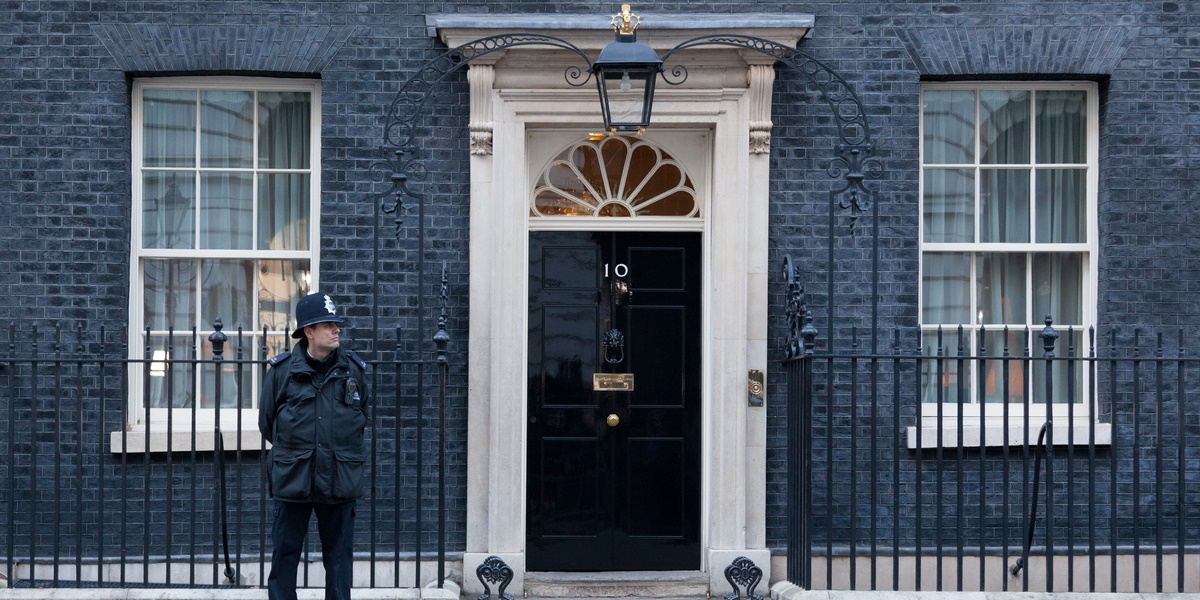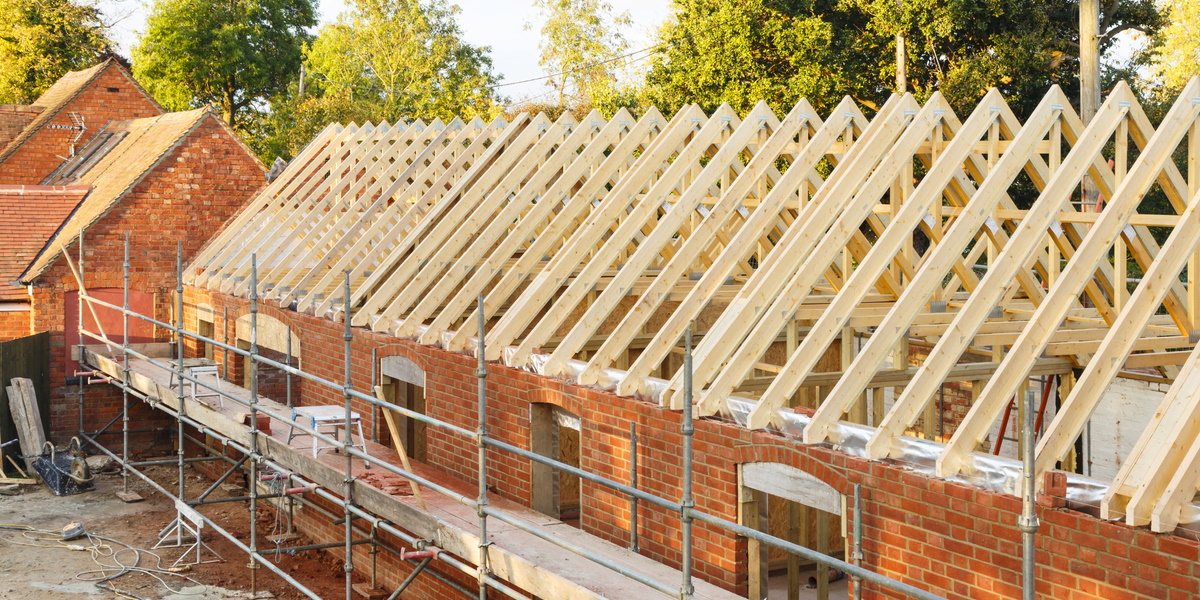
20/12/2023
Forget the credit crunch, it’s the equity crunch we should be talking about
2023 was certainly no walk in the park. I’ve even heard it described as the most challenging year for the development finance market since the Global Financial Crisis of 07-09. Now, I’m not going to sit here and say all of that turbulence, rising interest rates, wavering house prices, and lenders’ appetite dropping like a stone hasn’t had an effect, of course it has, but - and this is important - within this demanding environment, we’ve also seen real pockets of opportunity, and as far as I’m concerned there is plenty to be optimistic about for the future.
As we turn the corner into 2024, I hope that we’re going to start reaping the benefits of the rebounding development funding pipeline, a flourishing BTR sector and continued demand for higher value residential properties. All things considered; it certainly looks like we can look forward to a more predictable market.
The stage has been set for a very different second act, with some residential forecasts even predicting growth as we enter the second half of 2024. Savills has published a 5-year forecast figure of 17.9% growth for 2024-2028, which comes alongside predictions that mainstream transactional activity will pick up pace from 2024, with mortgaged home movers and first-time buyers expected to re-enter the market. Whilst right now it might feel like we’re still in the thick of it, it looks like we’re beginning to turn the corner.
There’s no doubt the rapid nature of rate increases (13 from February ’22 to August ’23) put downward pressure on the UK economy. For me, Andrew Bailey’s ongoing commitment to the mantra of ‘higher for longer’ is a concern. If rates do not start to come down, growth and investment is going to be harder to foster. The market fall-out in the aftermath of the mini-budget and the revolving door of housing ministers (16 since 2010!) has eroded the relationship between the real estate sector and the Government. All eyes are now on next year’s election and the pledges that will be made to try and win back the favour of the industry.
Many of this year’s key themes and challenges are set to carry over with us to 2024 – here are the key drivers as I see them:
A squeeze in equity: Over the past year, the rising cost of capital has led to a fall in the volume of lending and lower LTVs. New origination volumes for the first half of the year were down by an average of 22% and international banks saw a 43% decline in origination volume. This departure has created a gap in the market, with retreating investors leaving a dearth of available equity, developers now face real challenges when it comes to filling the top of their capital stack.
In the year ahead, developers will need to be broad-minded in how they build their capital stack. Whilst we have remained steadfast in offering consistent LTV ratios, this is not (and not likely to be) the norm in the market. Despite whatever other lenders might be doing, for the right schemes, we are offering a little extra leverage; doing our bit to bridge the equity gap and keep the market moving.
A new government? The market has factored in a change in government in the new year and from the conversations I’ve had, investors appear comfortable with it. There seems to be a feeling that a change of administration could help unblock the logjam that continues to beset the property development market, which, leaving politics aside, is something that anyone in the property industry should welcome. This hopeful outlook towards a change in administration is markedly different to the view of the market during the elections of 2015 and especially 2019.
Pipeline on a rebound: The BAYES Business School has recently reported that the development funding pipeline has rebounded since 2020’s lows, predicting that it will continue to grow in the coming months, with 20% of new loans originating from financing development projects. From what we’ve seen, residential development financing is being predominantly supplied by UK banks and debt funds, and we expect this to continue in the year ahead.
Regional disparity: For the past few months we’ve seen trackers putting out a variety of predictions for the year ahead, with half anticipating that house prices will rise, whilst the other half forecast a fall. I always caution to be sceptical of their prophecies (and mine!). The ‘property market’ doesn’t exist as a single entity. It is built up of many different sub-markets and regions, which are all in a very different position. Cities such as Birmingham and Manchester have undergone a renaissance in recent years, punch above their weight culturally and will remain hot spots for developers in the years ahead. Ultimately, success will fall to those who take the time to understand what their local market wants. My crystal ball tells me that those who take the time to do this will be rewarded with strong sales activity upon completion and favourable development finance terms.
Transparency: With some lenders retracting from the market, developers are concerned about changing LTV ratios and last-minute decisions on transactions. There has been a paradigm shift in the market, lender transparency is crucial. Certainty of funding and deliverability has a value and in 2024, I can only see that value increasing.
House prices and demand: The housing market is beginning to stabilise (hold for applause) but reports that prices will fall and that transaction levels are still on thin ice will continue to be an ongoing concern for developers. However, it’s important to remember that demand exists for the right product. The housing market is like an eco-system, and like all living organisms, it needs to be healthy with good vital signs, if it is to function for the benefit of everyone.
Developers who curate their products for particular regions and demographics will put themselves on good footing for the years ahead.
The hardest hit by the ongoing turbulence will be the first-time buyers, who are struggling to get on the ladder. Confidence has evaporated from this part of the market, as a direct consequence of higher interest rates. We recently estimated that 90,000 new build homes are being left empty across the UK, and it’s clear that under-35s are struggling to bridge the deposit gap and many have no choice but to look at the rental market. That said, there is no doubt that rising rents will make purchasing look more attractive and the tenure of choice for those who can secure a deposit and mortgage.
The BTR sector is forecast to almost double in total value over the next five years by an additional £55bn*.
England will win the Euros: I’ve given up on making QPR predictions, and with the Republic of Ireland failing to qualify (yet again), I have fresh hopes for the home nations in next year’s Euros. If Wales get through the playoffs, it’s hard to see them progressing from the group stage (sorry). Scotland’s draw is also difficult – Germany in the first game, anyone? Despite that, I think the Scots may surprise a few people. England’s draw was generous to say the least and recent predictions have given them a 36% chance of “bringing it home” – joint favourites with France. It may turn out be an even bolder prediction than QPR returning to the Premier League, but one I’m sticking behind.
*Source: Knight Frank









